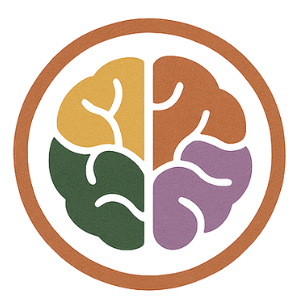On Not Knowing: What Starting Therapy Has Taught Me About Humility
When I began my clinical training, I thought the goal was to know everything.
To have the right response ready. To demonstrate competence in every situation. To prove I belonged in the room.
I was wrong.
Learning is a lifelong process. As a therapist intern, I often feel the pressure to know everything and know how to respond to every situation as it comes up. But I am realizing something important: I am human. And every person who walks into my sessions brings a unique lived experience that no amount of training or education could have prepared me for.
There is real value in learning and education; I do not dismiss that. But I no longer feel the need to know everything. Because ultimately, the client knows their lived experience better than I ever could.
When I approach sessions with a learner's perspective, with humility instead of certainty, I find that it becomes easier to actually support the person in front of me. When I operate from a place of “I am the expert,” I risk missing what matters most. If you are “in” things too deeply, it is easy to become complacent. It is easy to stop listening.
I think being honest about not knowing a certain thing a client brings up is not a weakness. It is part of being human. And instead of pretending I know what their experiences are, I can come from a place of curiosity: What does this look like for you? What does this mean in your life?
Not everyone who is autistic experiences sensory overload the same way. Not everyone with ADHD struggles with the same executive functions. Not everyone who has experienced trauma responds to safety in the same way.
Assuming otherwise is not therapeutic. That is using stereotypes and assumptions instead of asking questions to understand this person’s unique experience. And that does not belong in a therapeutic space.
So I am learning to sit with not knowing. To ask instead of assume. To listen instead of perform competence. To trust that the client is the expert on their own life, and my role is not to have all the answers but to walk beside them as they find their own.
That feels more honest. More human. More aligned with the kind of therapist I want to be.
Come as you are, take what you need. I'll be here.
